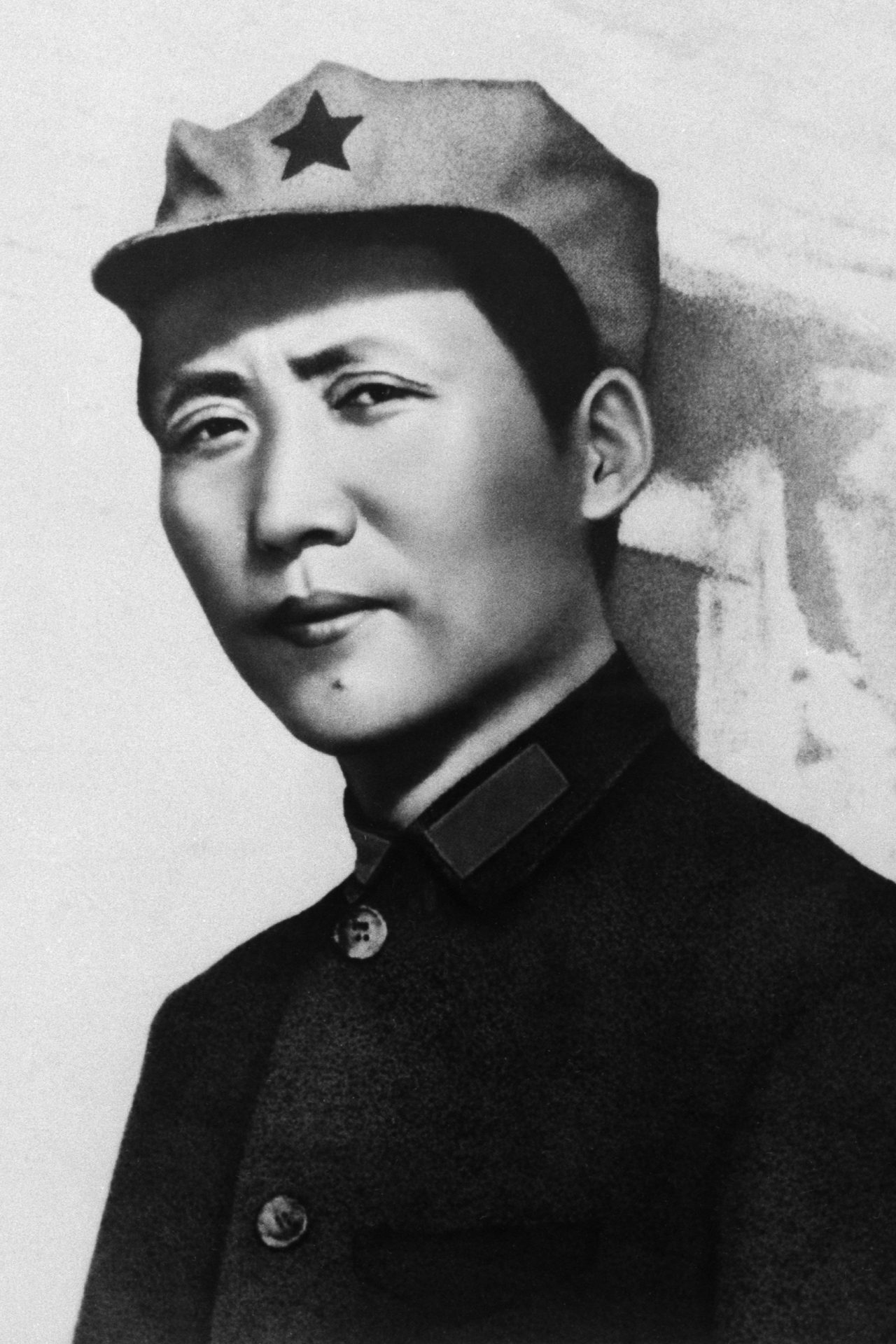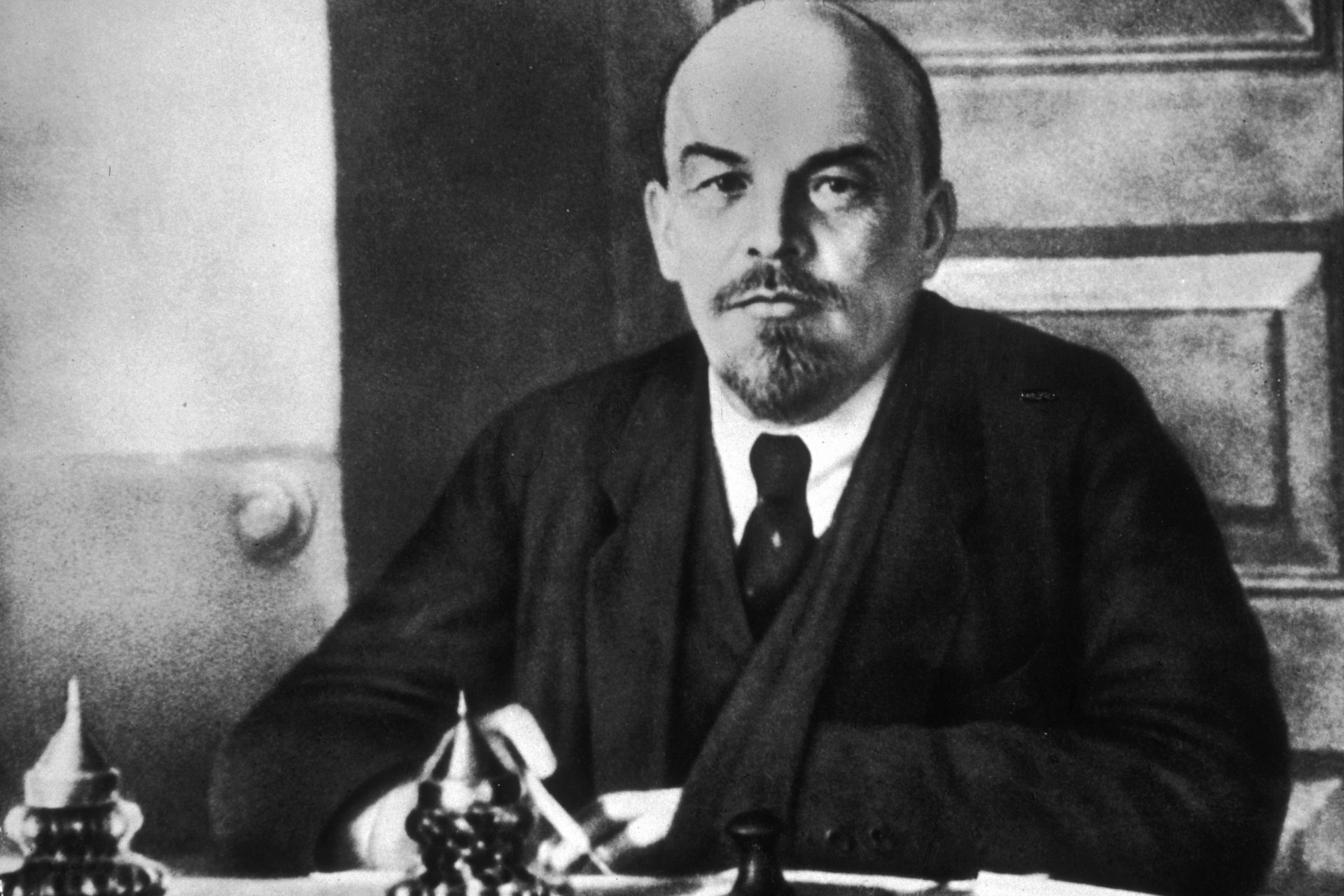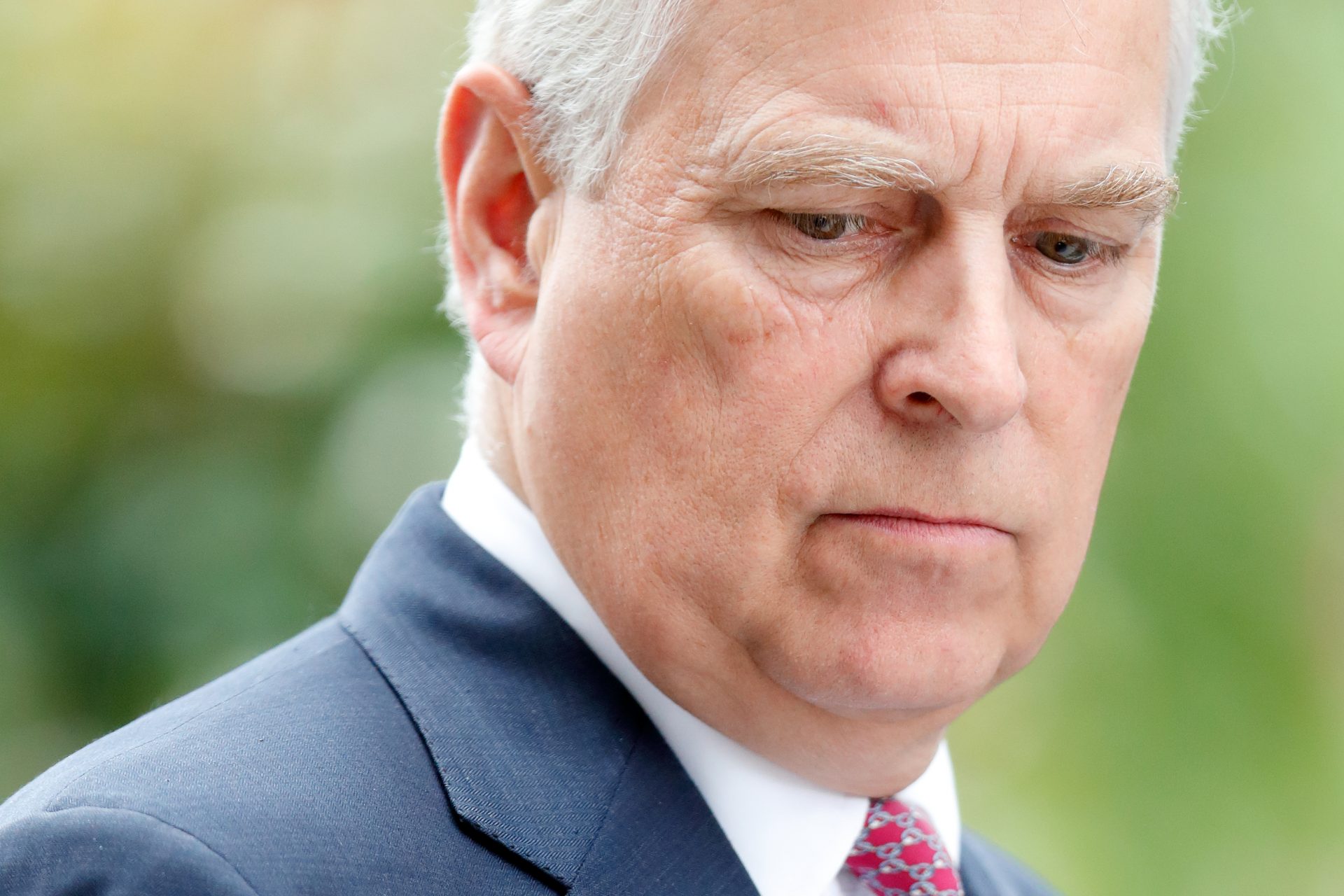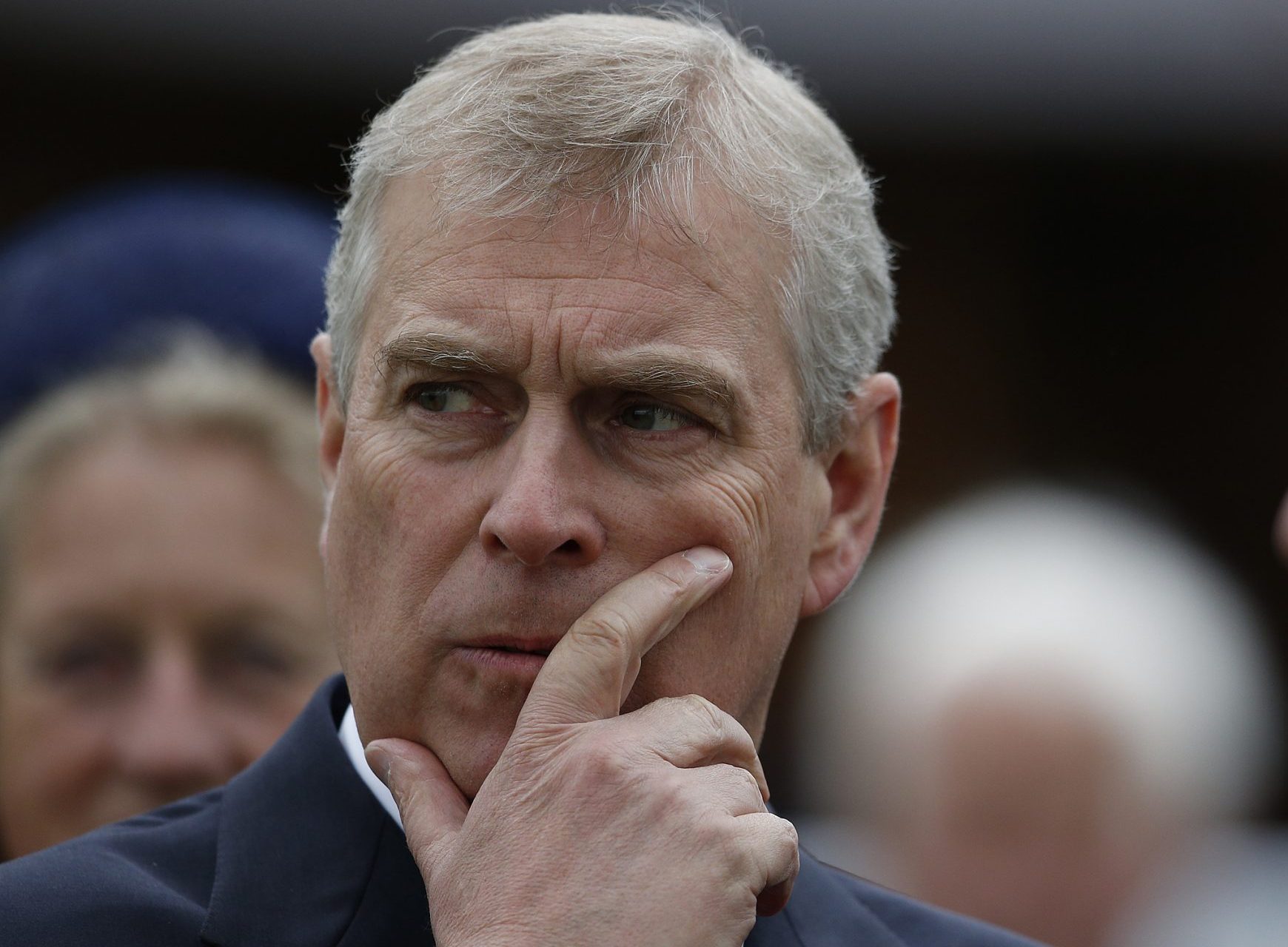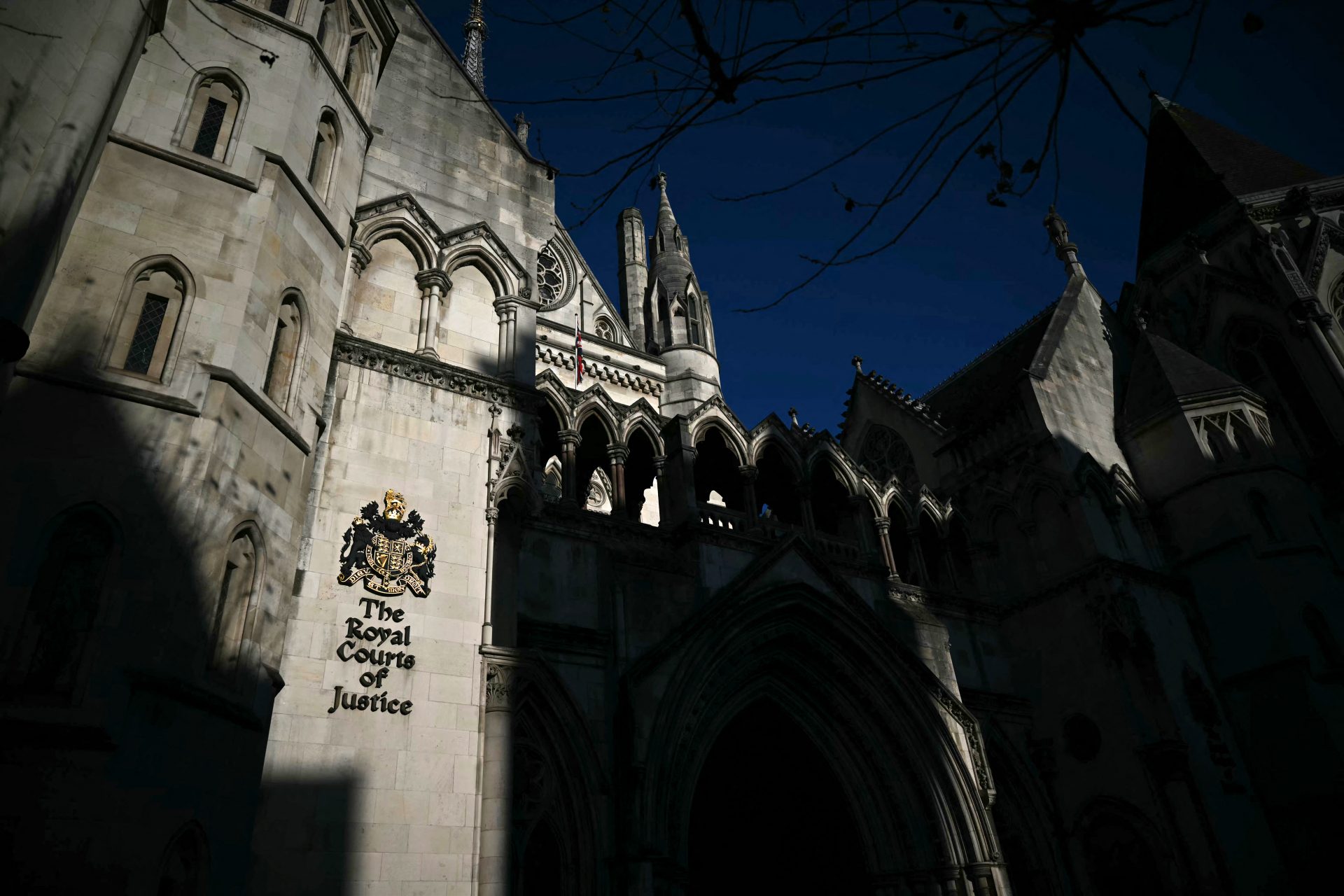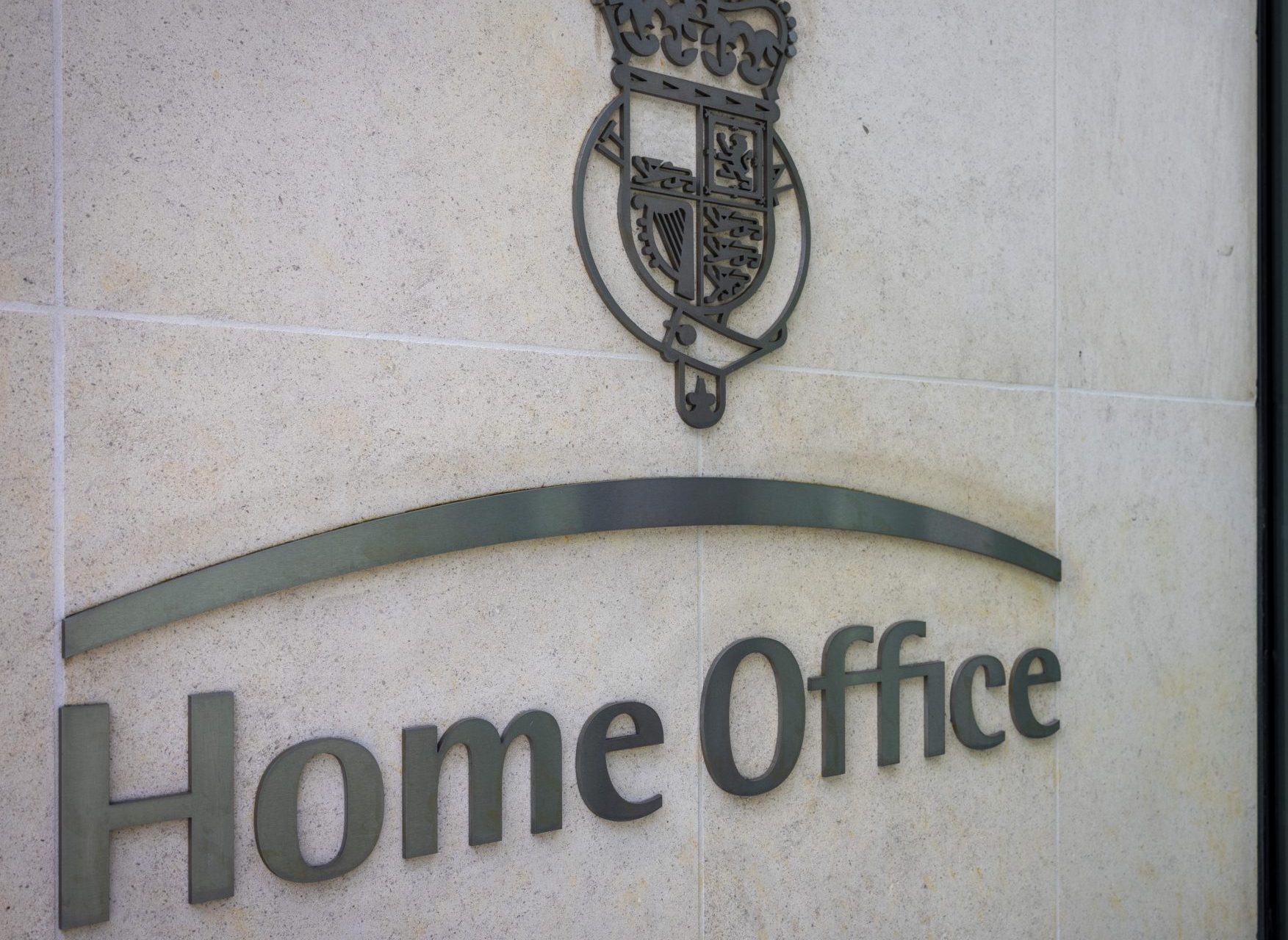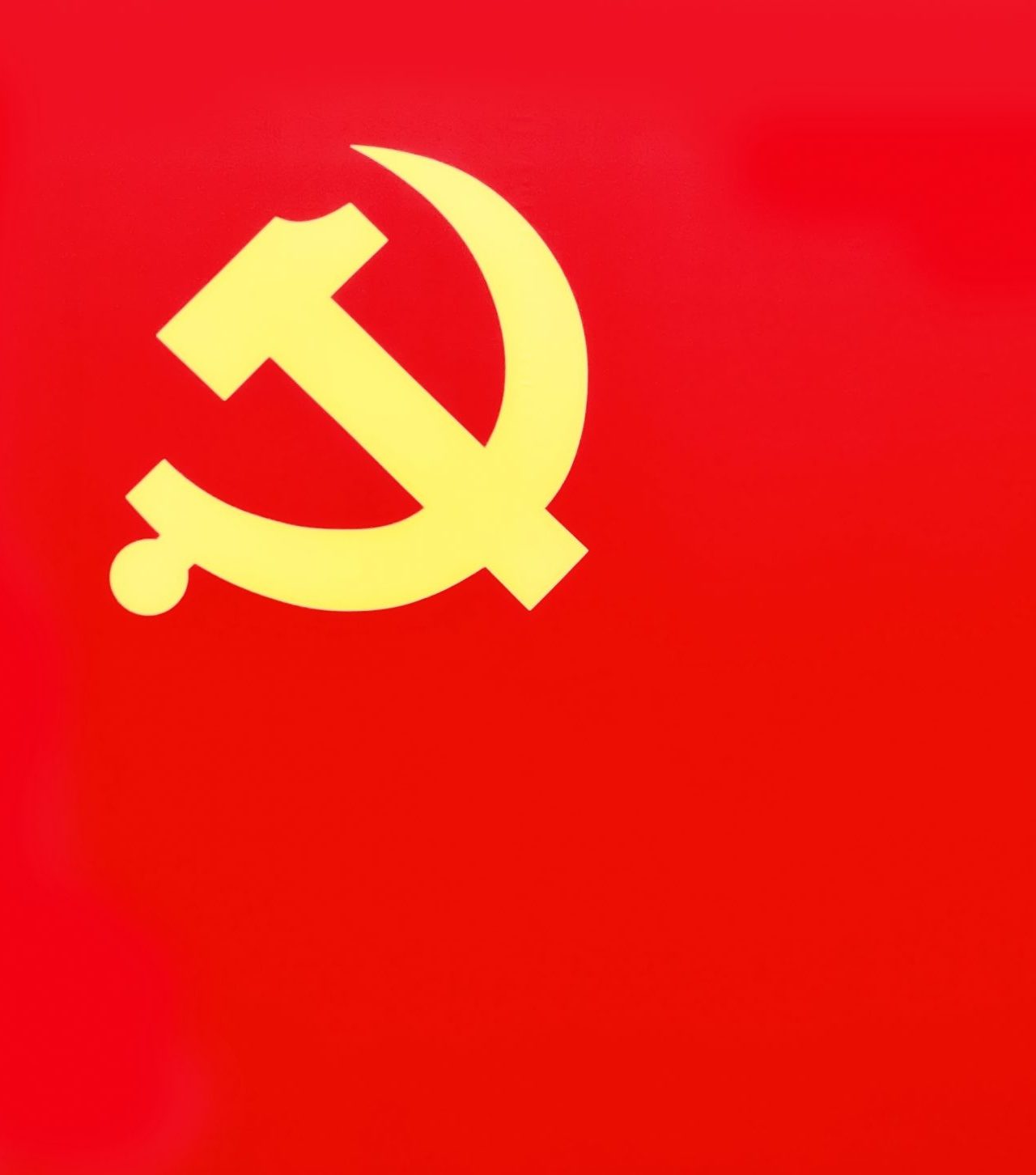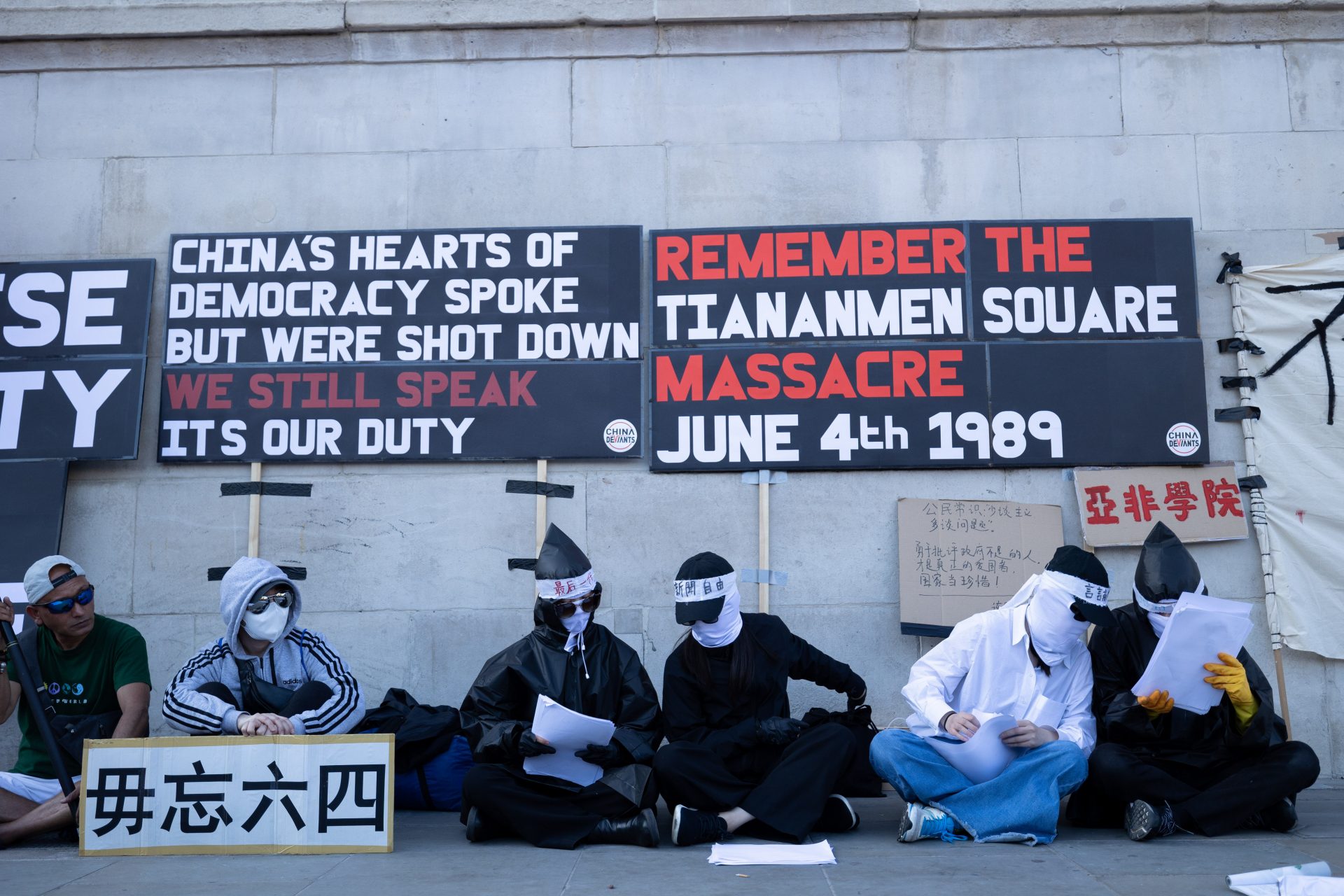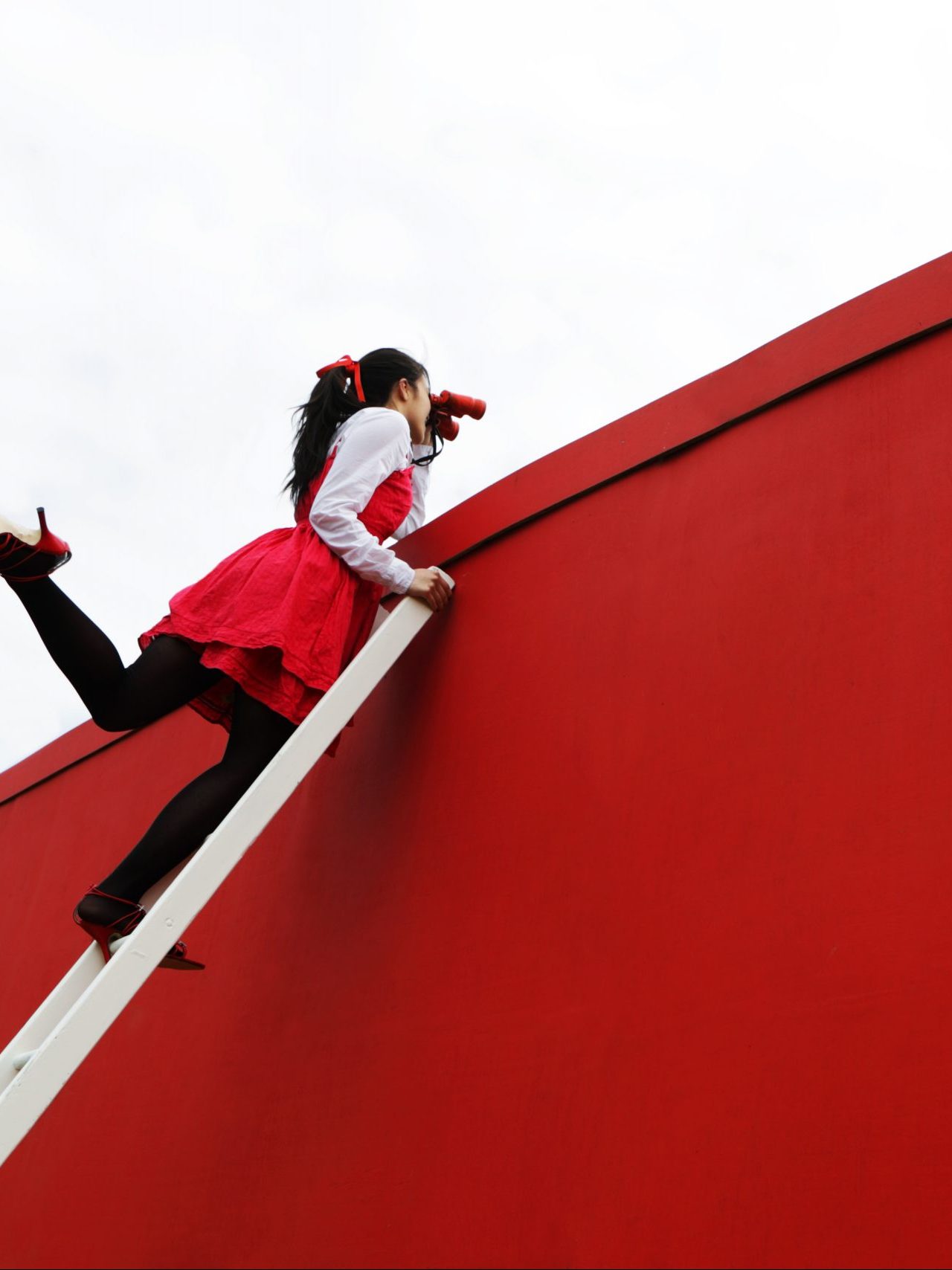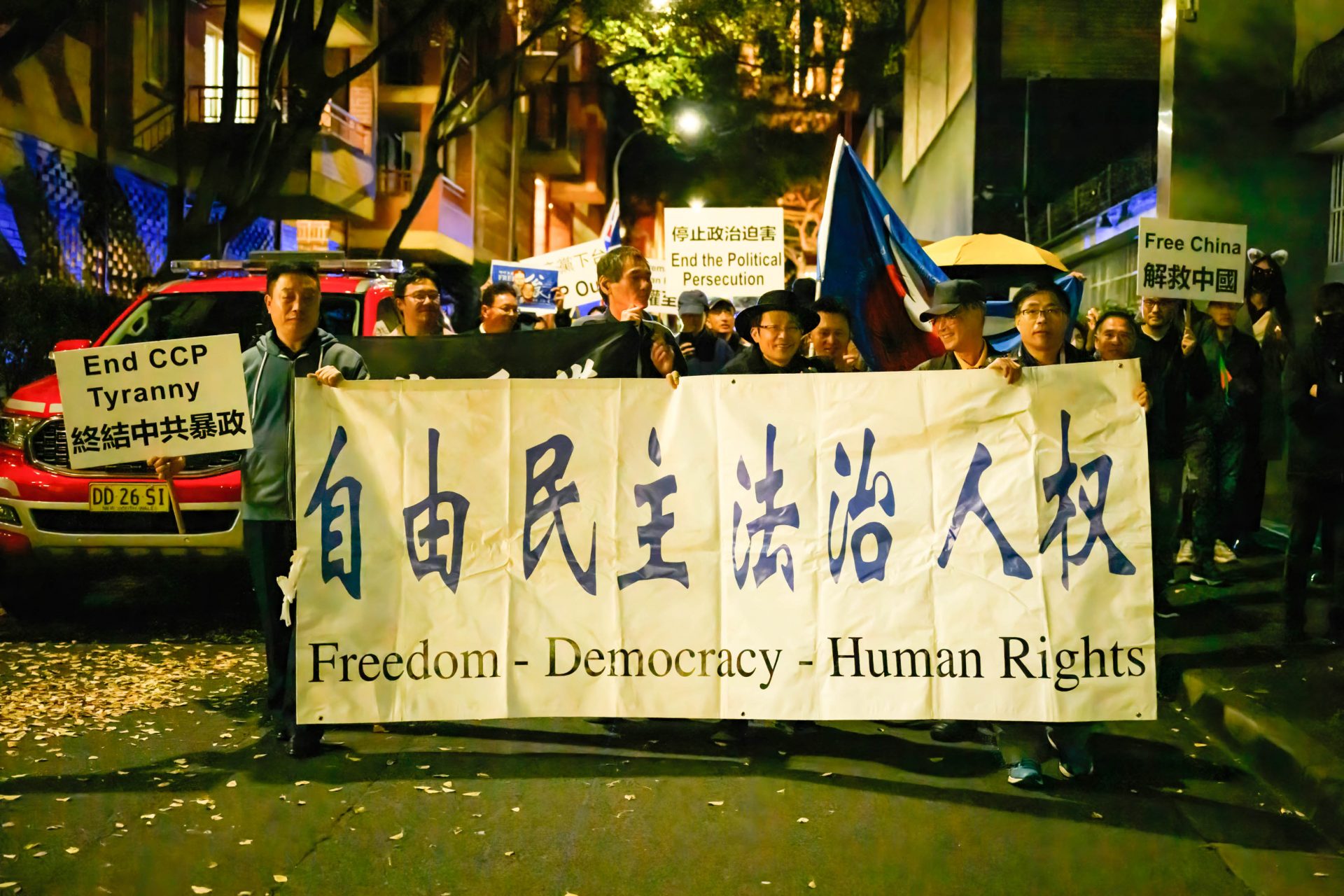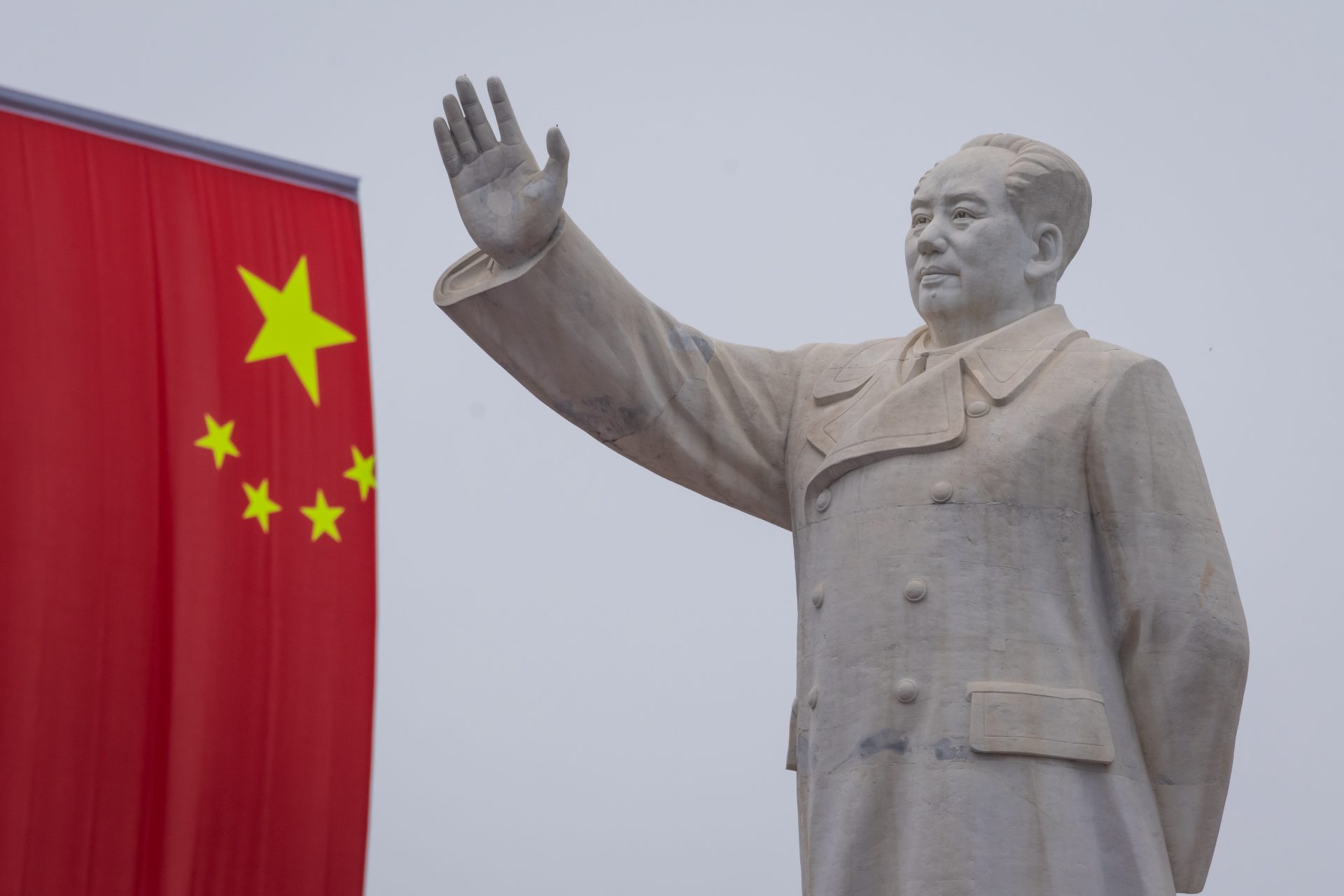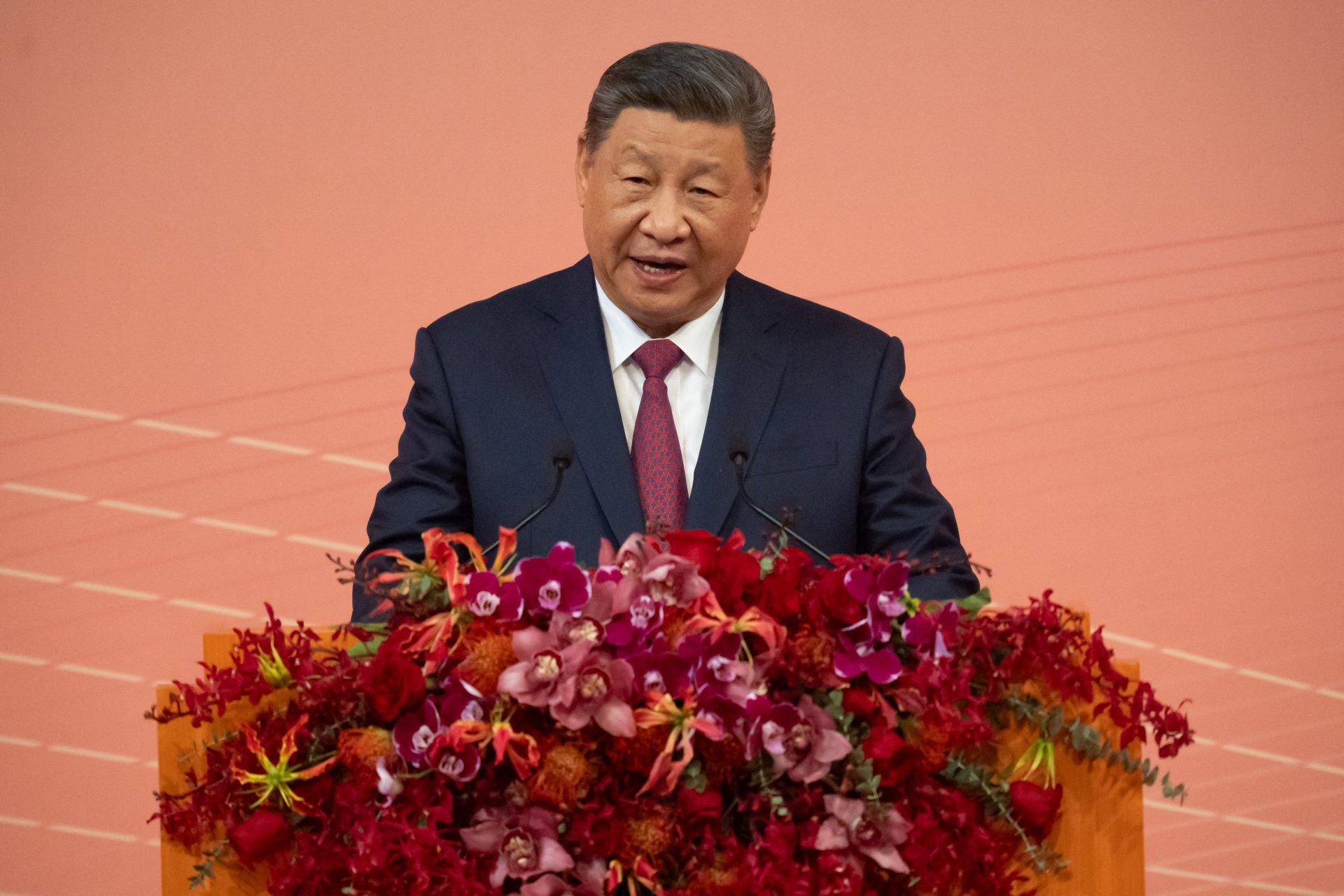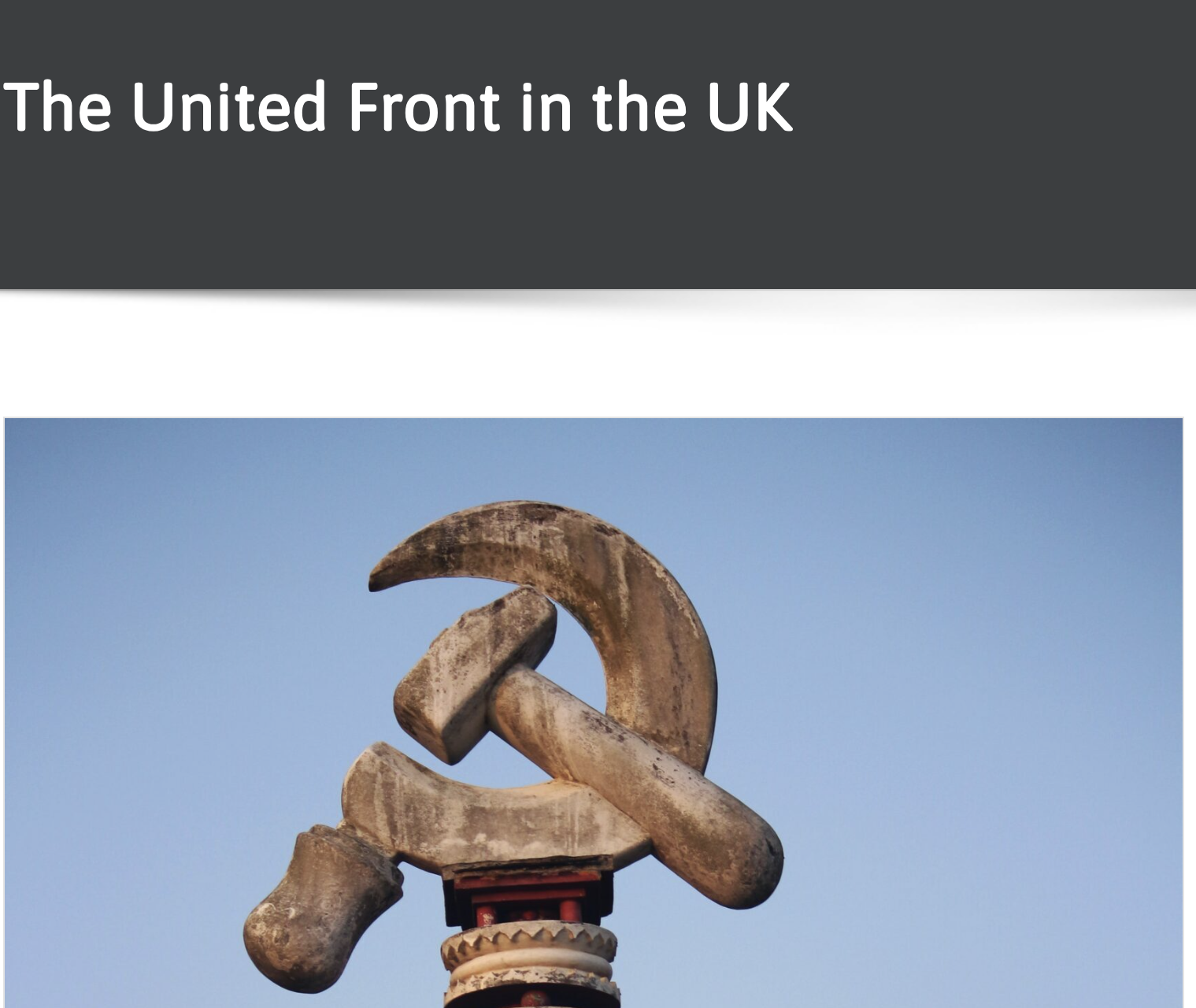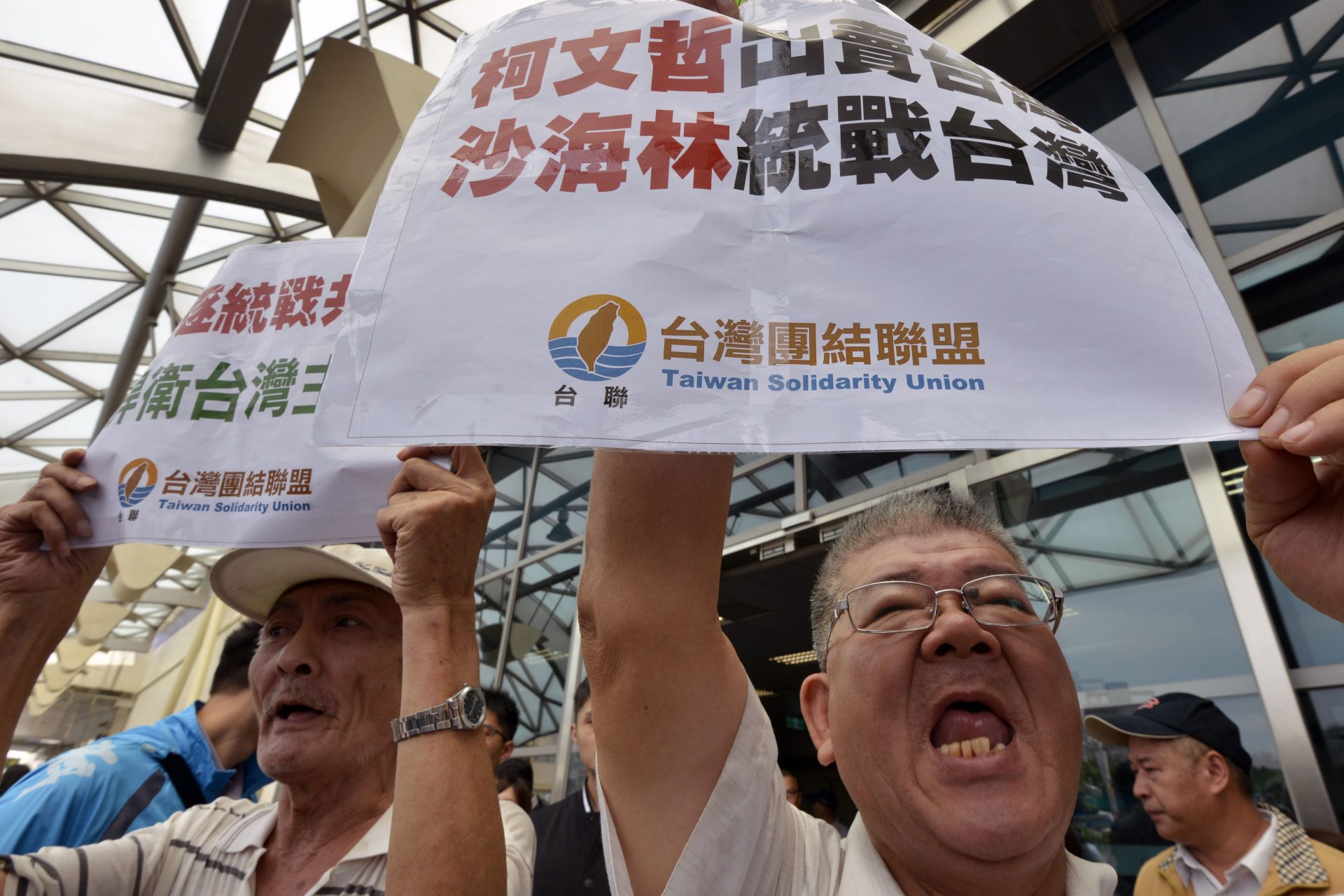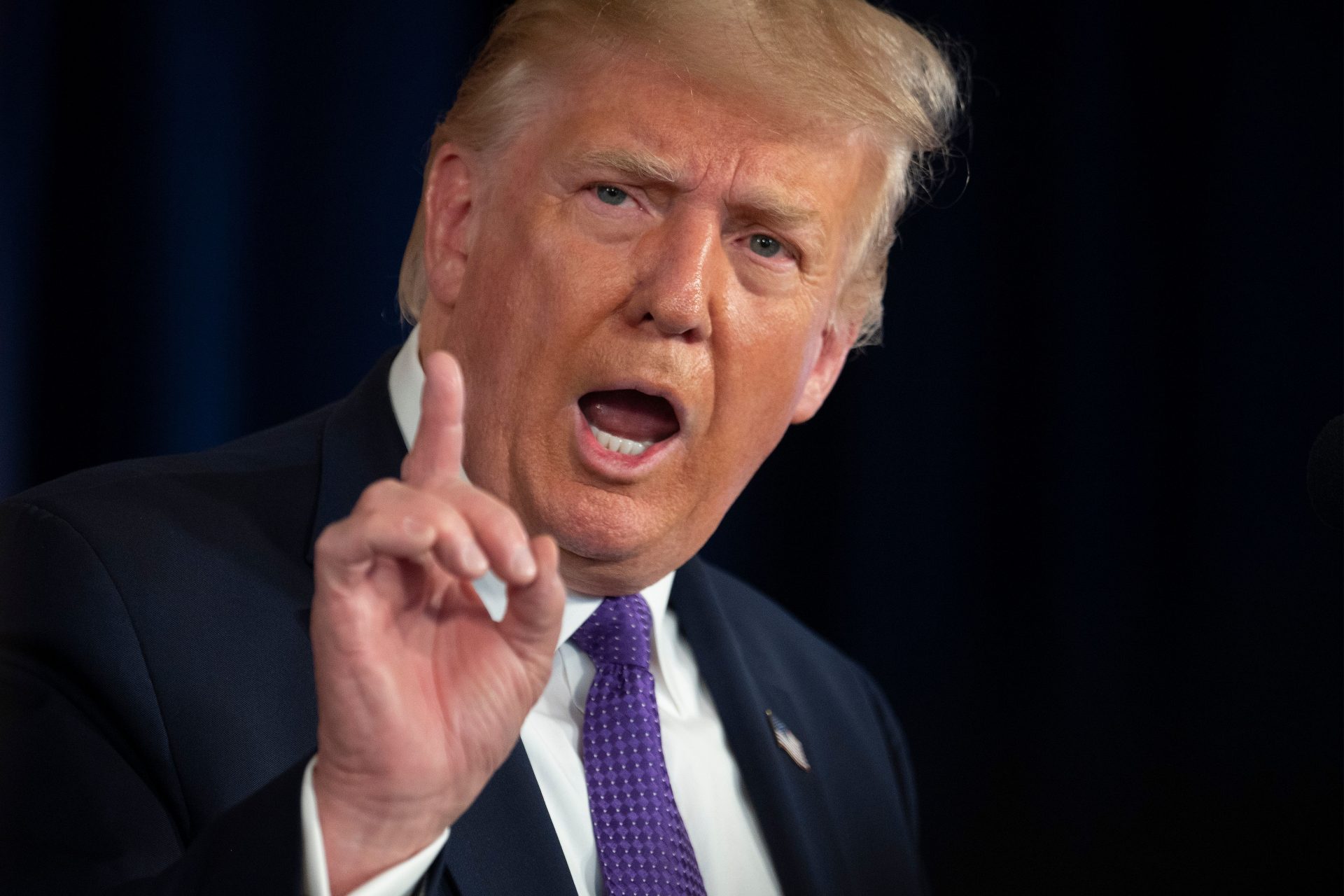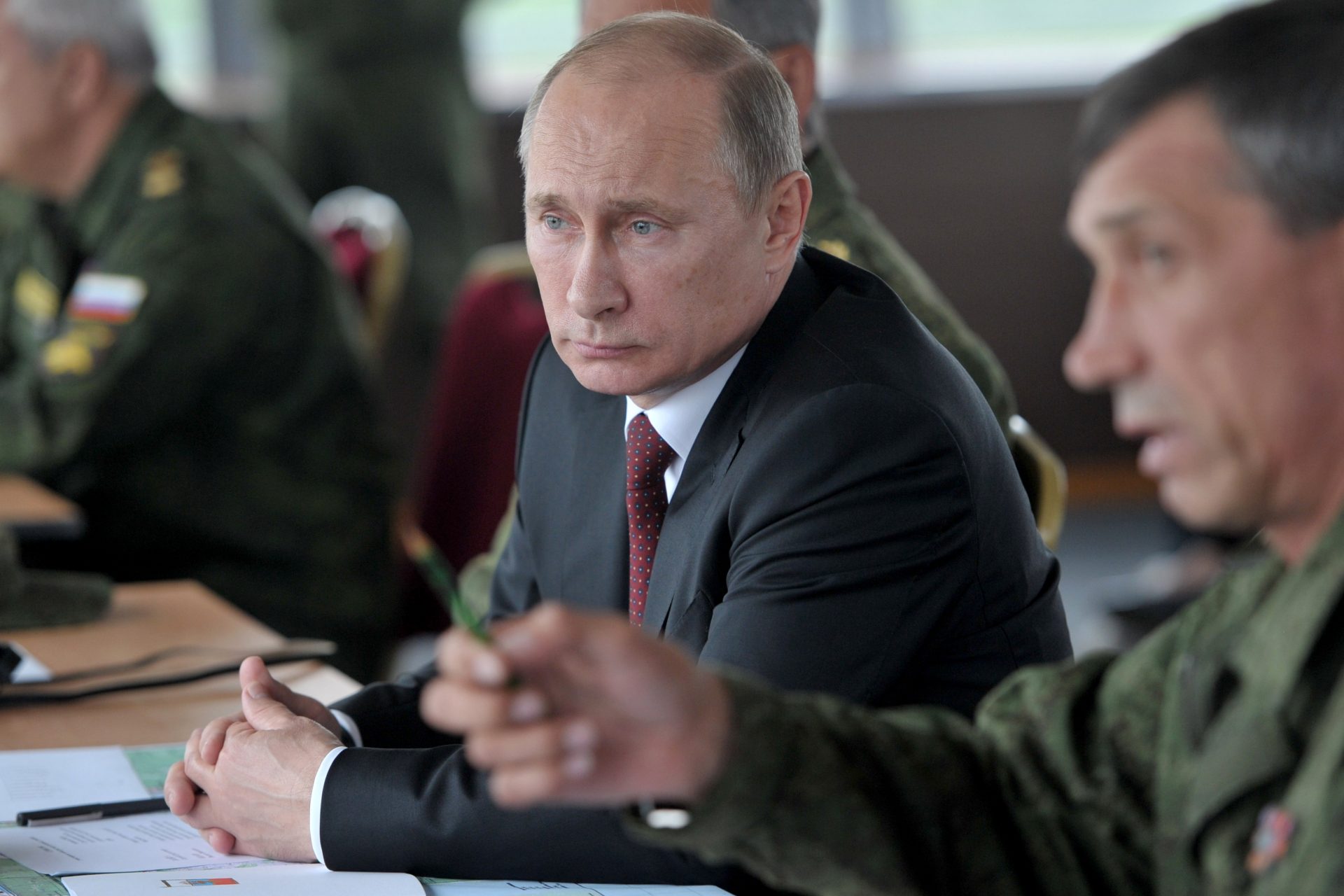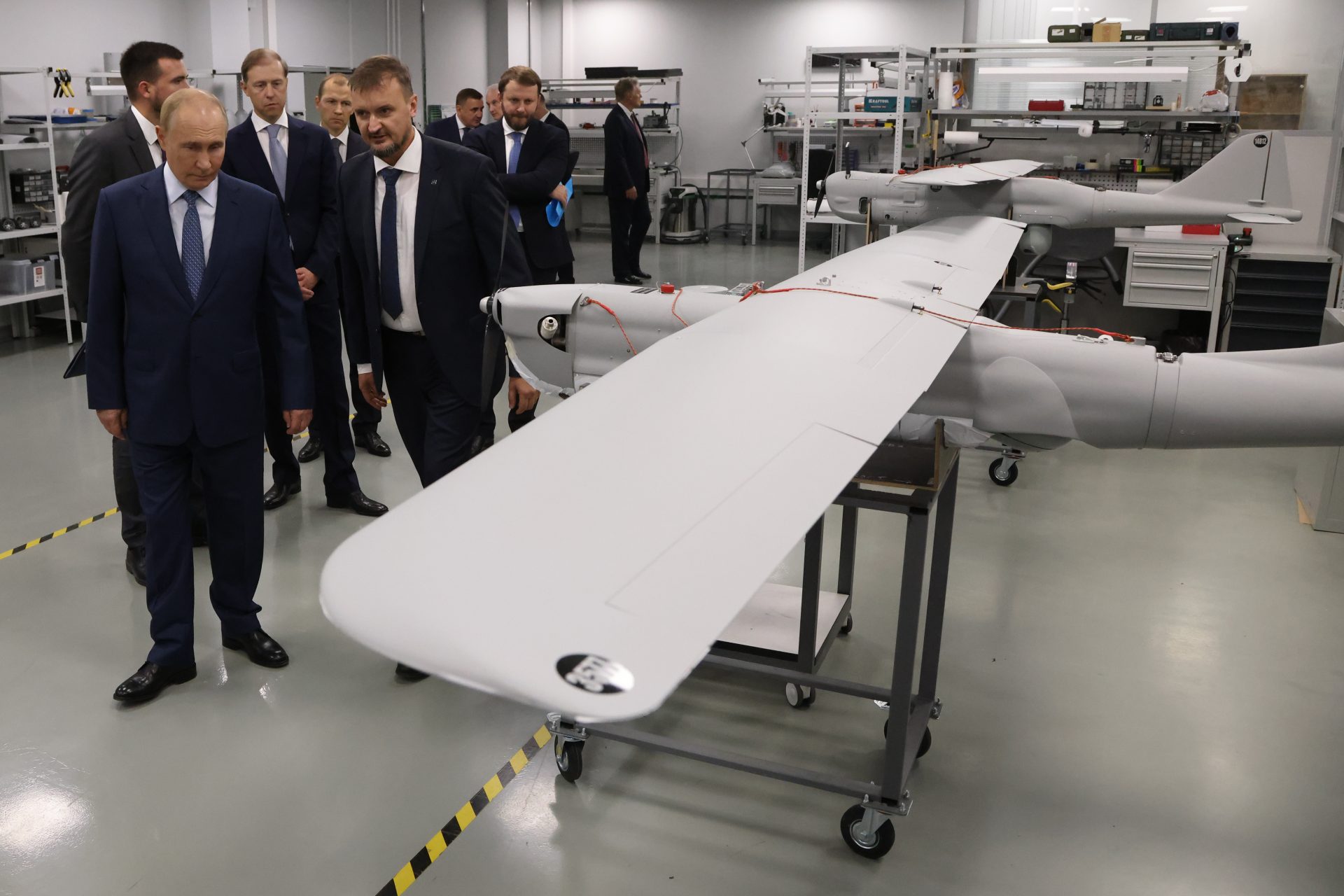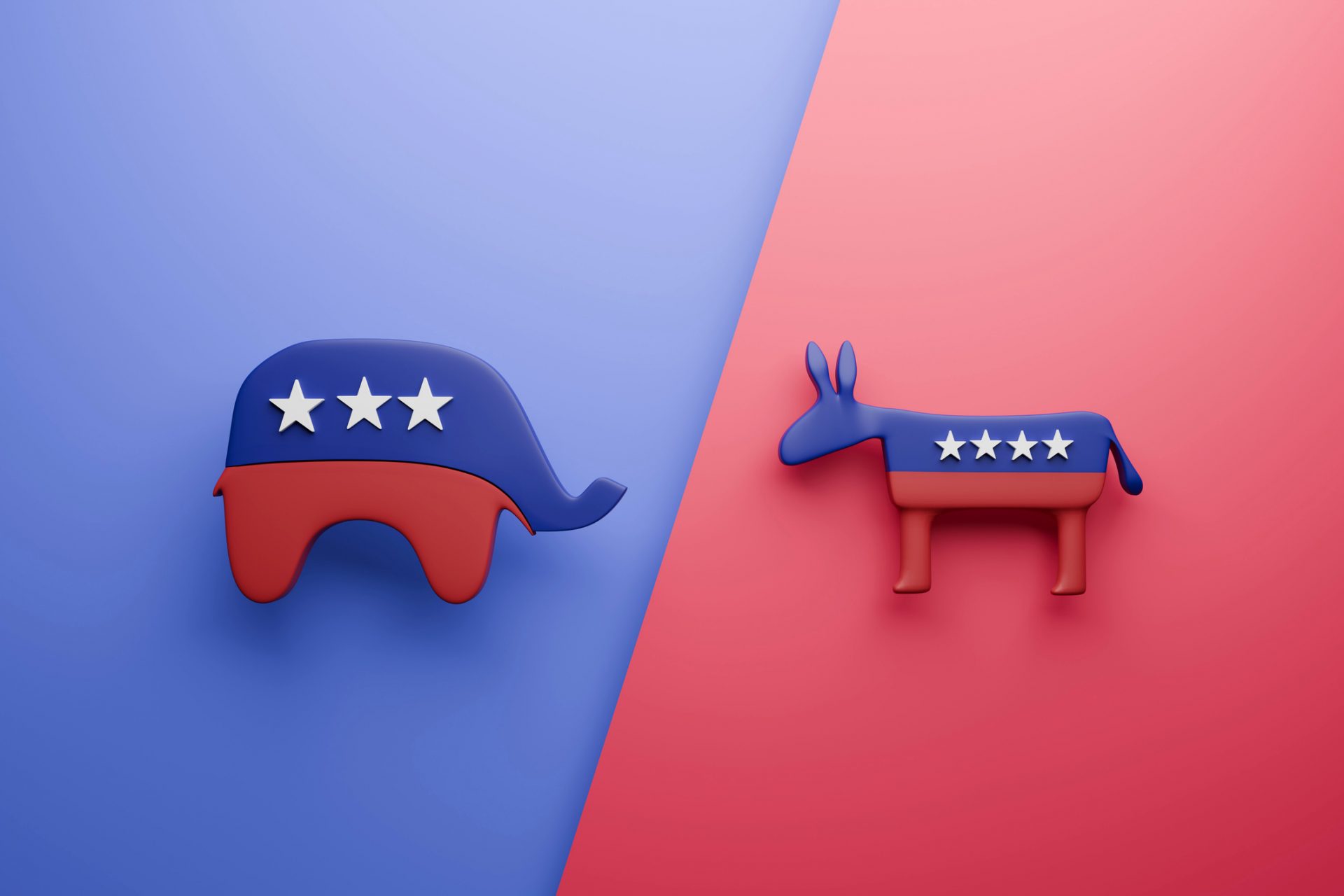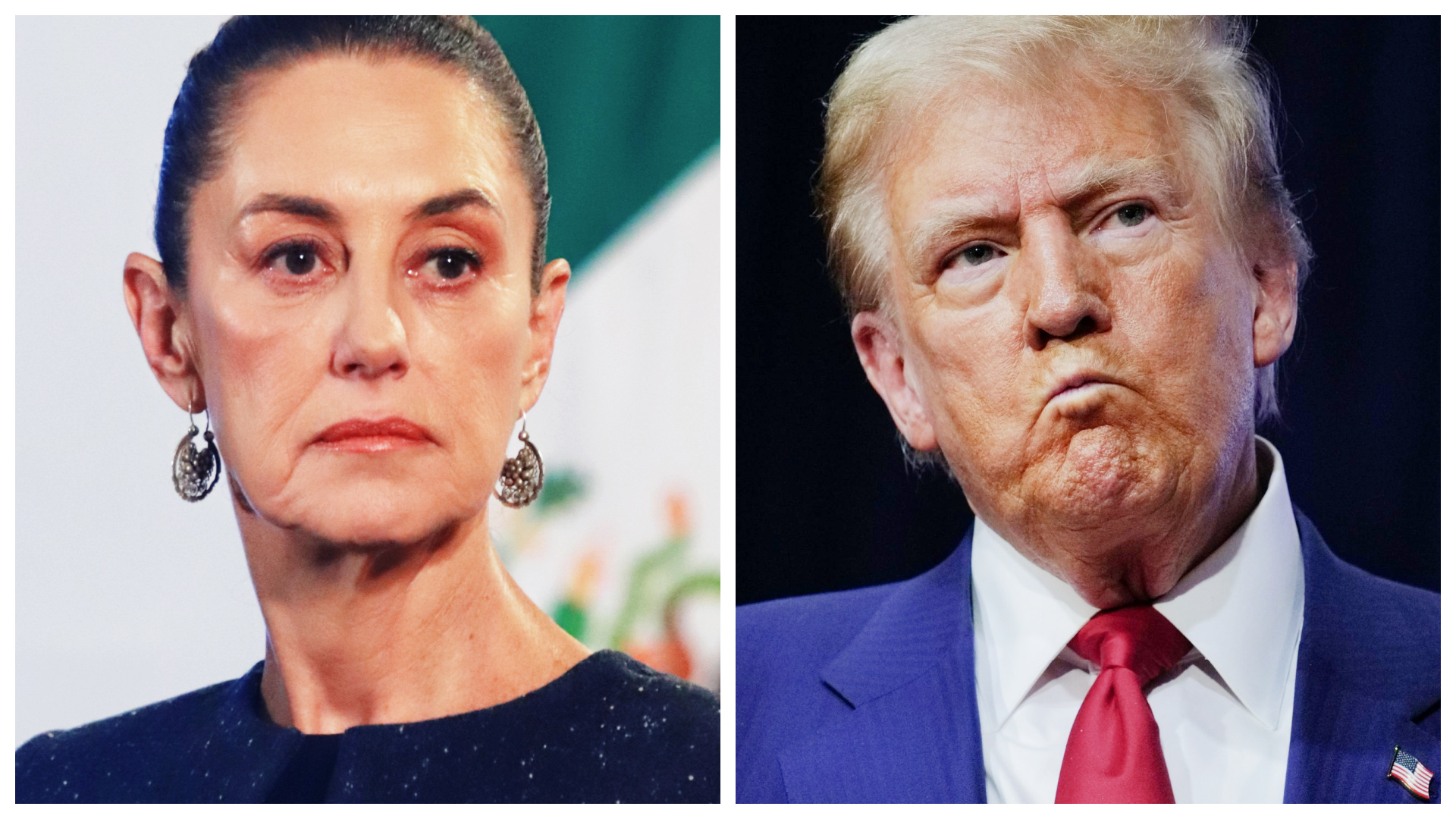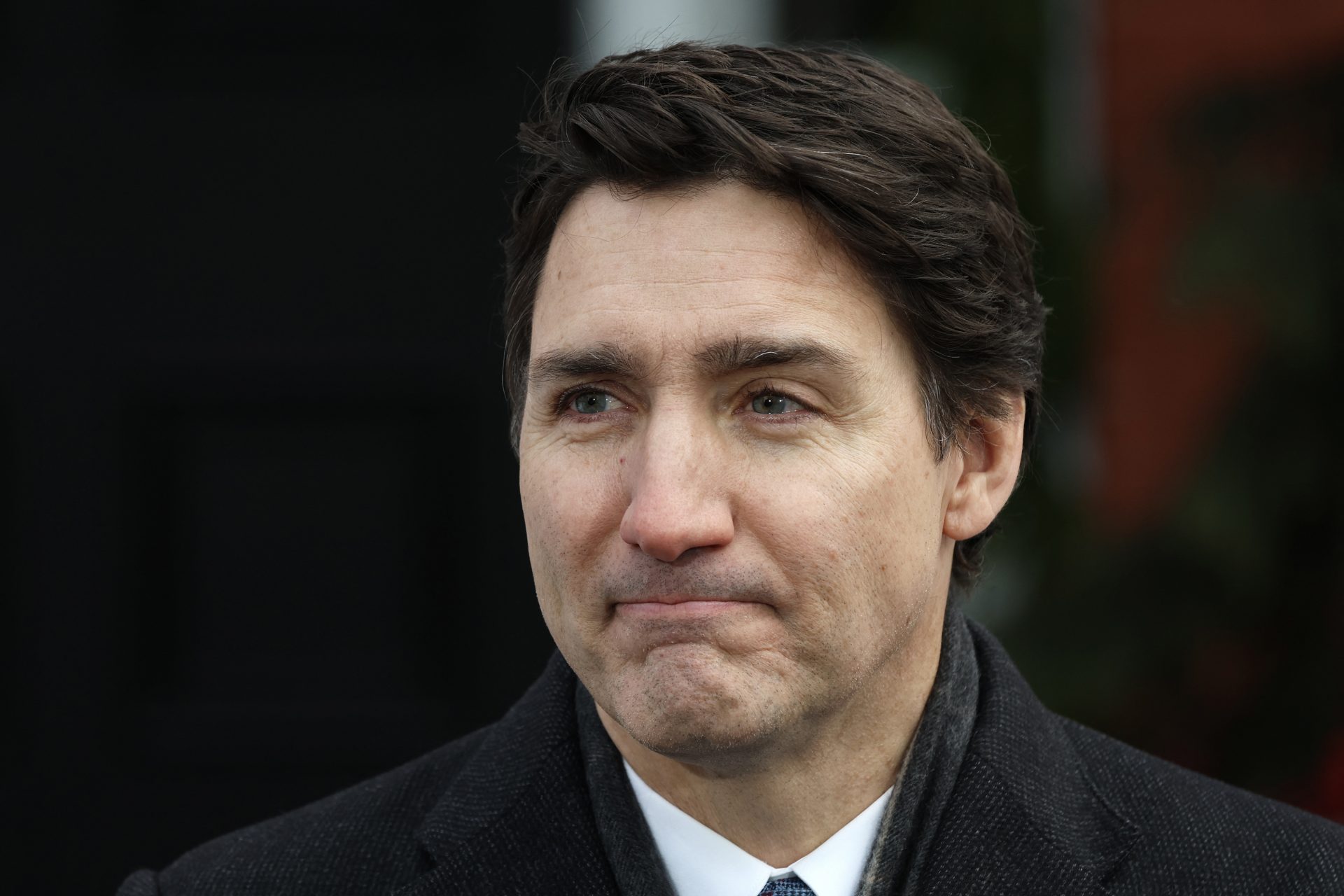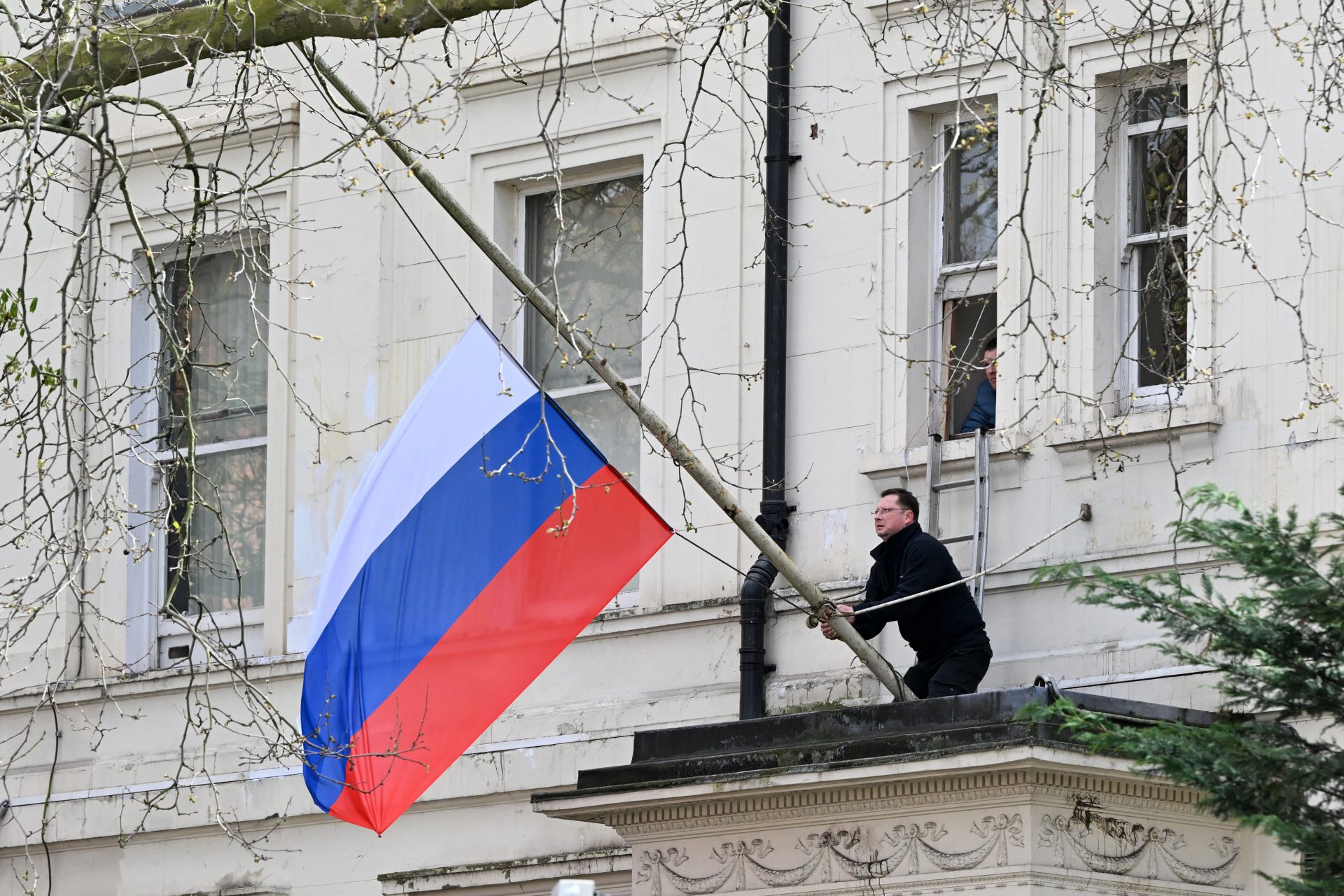China’s Power Play: 'Magic Weapon' causes international unease
The United Front Work Department (UFWD), established in 1942 by Mao Zedong, is recognized by both the founding leader and current President Xi Jinping as one of China's three "magic weapons." This key institution plays a strategic role in the Communist Party's governance and influence.
Its aim is to befriend, bribe or otherwise seduce figures of influence who can be won over to China’s cause and fight its corner, according to The Guardian – gullible people who Vladimir Lenin is said to have referred to as "useful i d i o t s."
The weapon looks as though it was used in 2023 on the UK’s ill-starred Prince Andrew who was found to have been schmoozed by Yang Tengbo, a Chinese business man with links to the infamous UFWD.
A High Court judge has recently declared that Tengbo had formed an "unusual degree of trust" with the Duke of York, the BBC reports.
The High Court also upheld Tengbo’s 2023 ban from the UK despite his appeal and insistent denial of any wrongdoing.
"I have done nothing wrong or unlawful and the concerns raised by the Home Office against me are ill-founded," a recent statement issued by Tengbo’s lawyer read.
But links with the UFWD are bound to arouse suspicion as it has been cited in a myriad of espionage cases, with countries in the western world accusing Beijing of using it for foreign interference.
Beijing has, however, denied that it uses the UFWD for this end – its original purpose was to detect dissent within China.
“United front work is a unique blend of influence and interference activities,” said the House of Representatives Select Committee on the Chinese Communist Party in a report published last November, according to Radio Free Asia.
The radio station added that the UFWD was also involved in “intelligence operations that the Chinese Communist Party uses to shape its political environment.”
When it was first set up by Chairman Mao, the UFWD was credited with the communist victory in the decades-long Chinese civil war that ended in 1949.
It was then pushed into the background until its revival with Xi Jinping who considers it a way to "build the broadest possible coalition with all social forces that are relevant,” Mareike Ohlberg, a senior fellow at the German Marshall Fund, told the BBC.
But while it is not exactly a clandestine outfit, recording as it does some of its activities on its website, its reach and objectives remain obscure.
Photo: screenshot from UK-China transparency website
Experts agree that some of its focus is on the Chinese diaspora who Xi wants to "tell China's story well" in a bid to shape international opinion on issues such as Tibet, the Philippines and Taiwan.
"United Front work can include espionage but [it] is broader than espionage," Audrye Wong, assistant professor of politics at the University of Southern California, told the BBC.
"Beyond the act of acquiring covert information from a foreign government, United Front activities center on the broader mobilization of overseas Chinese," she said, adding that China is "unique in its scale and scope" regarding these kinds of interference activities.
More for you
Top Stories



